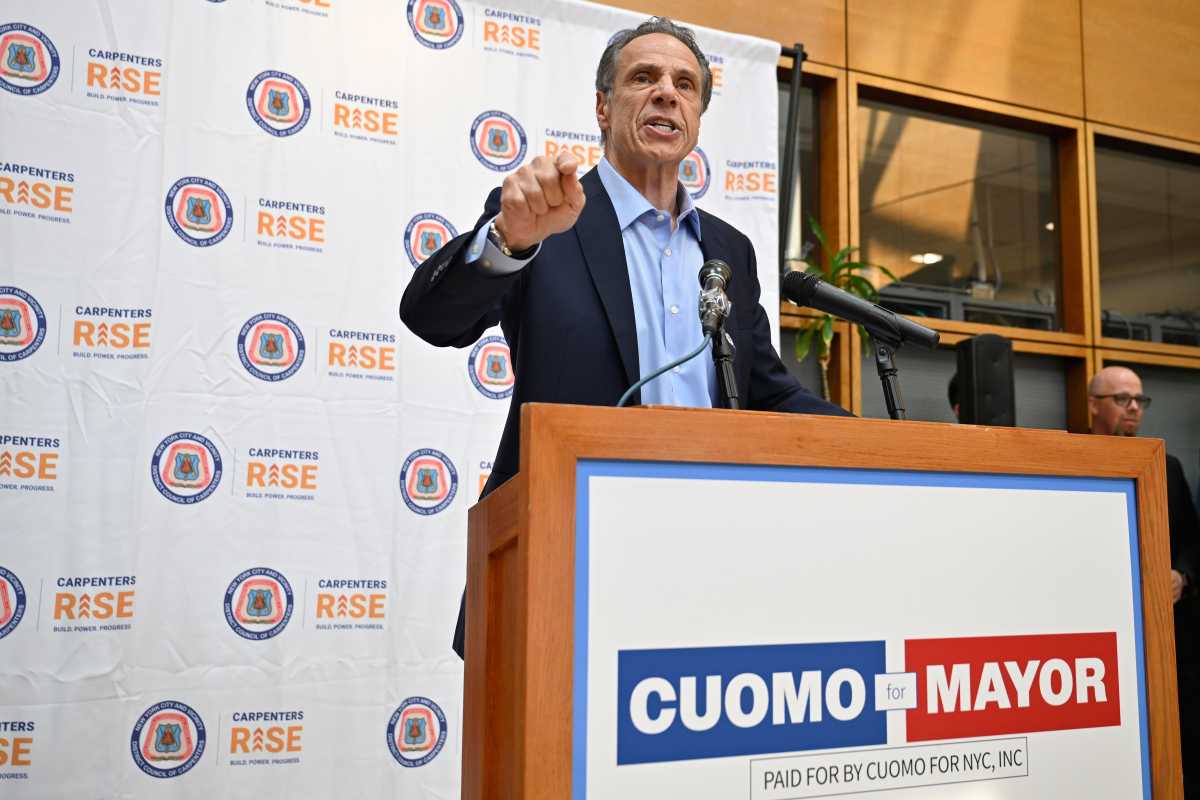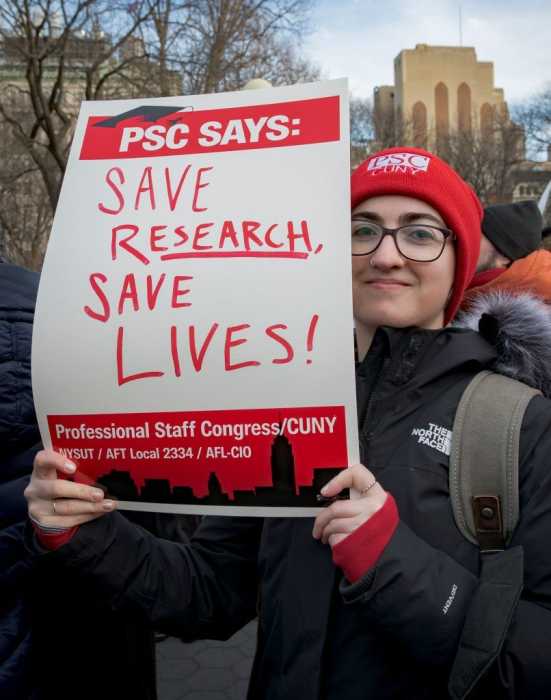Dear Editor:
The Twitter world was buzzing on Jan. 8, 2011, when Congresswoman Gabrielle Giffords was shot in the head, proclaiming in mass tweets that she had been killed. Still alive, and doing well today, this false information, especially on Twitter, which is now an effective mass media outlet, shows just how fast wrong reports can be sent without a regard for journalistic ethics and honesty.
Relying on citizens to objectively report the news is hurting the role of a true professional journalist. As citizens try to fill in the gaps of covering the news, they lack the necessary training and education to cover stories. How factual and reliant can a citizen journalist be?
Millions of people are relying on getting their news elsewhere, whether from social network sites or from blogs. In a 2009 article from the Co- lumbia Journal Review called “The Reconstruction of American Journalism,” writers Leonard Downie Jr. and Michael Schudson express how the “blogsphere” is seen as either the replacement for-or the enemy of-established news media.
Information is just being fed off each other and they are just fact checking off one another. In addition, as we obtain news from online sources, such as citizen journalists, we aren’t sure if reports are slanted by their opinions.
In-depth reporting such as covering a crime, or in the shooting case in Tucson, Ariz. takes time and resources to cover and get, the correct facts. It is a professional journalist’s job to make sure a story is fully covered. That is why we should be relying on someone who is trained and who knows exactly how to follow the ethics of responsible journalism.
Citizen journalists are amateurs who aren’t trained as professional journalist are. They report on what they see and hear, if they’re lucky enough to be in the right place at the right time. More often than not, they just rely on hearsay and regurgitate what they learned from other, often unreliable, second-hand sources.
Sure, citizen reporting can have its benefits. Reporting on certain news like what’s going on in the community can help to cultivate and engage others, letting people know what’s going on in their neighborhoods and if there’s a book fair, or garage sales or special speakers.
But when it comes to major events and in-depth reporting, let’s leave it to the professionals. We ultimately trust these working men and women to report the facts accurately and objectively.
To incorporate citizen reporting with professional journalism, there needs to be a way where traditional journalists can look at these individuals as regular people and realize that their definition of news is what matters as well. For example, many newspapers have their own online news websites in which thousands of people are able to leave feedback on any article published.
In this way, citizens are participating in today’s leading stories and may even help traditional journalist with new information to gather. Citizens can enrich the conversation and their feedback can play a big role in what is important news.
As Americans, we rely on professional journalists to report the truth. No matter where we get our news stories, if it’s via Twitter or our local newspapers, we should acknowledge the importance of honesty and ethics.
Marika Kazimierska
Ridgewood
Letters from readers are invited and should be sent by regular mail to Times Newsweekly, P.O. Box 860299, Ridgewood, N.Y. 11386- 0299 or by e-mail to info@times newsweekly.com. All letters must be accompanied by the writer’s full name and address, which will be withheld upon request. Anonymous letters will not be considered for publication. All letters are subject to editing. The opinions expressed in each letter are not necessarily those of the Times Newsweekly or its staff.




































